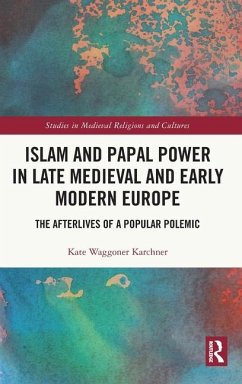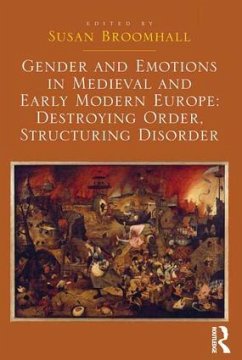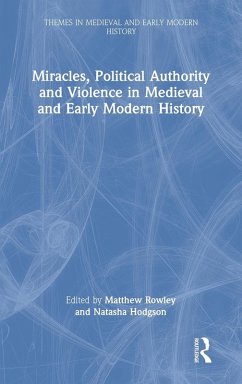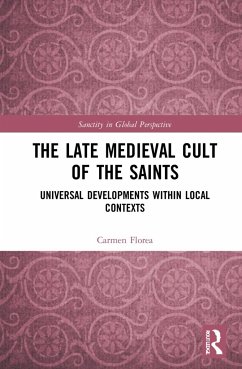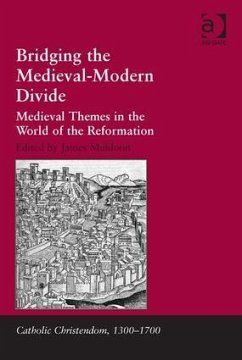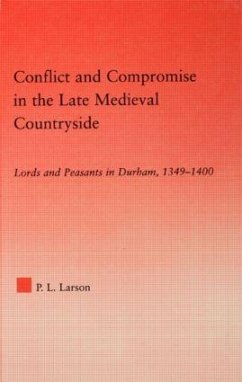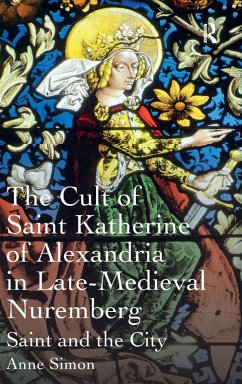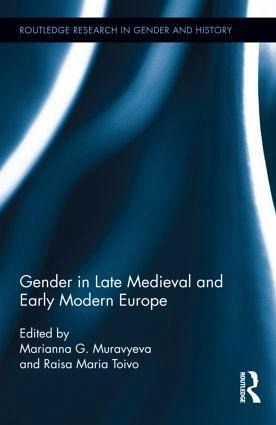
Gender in Late Medieval and Early Modern Europe
Versandkostenfrei!
Versandfertig in 1-2 Wochen
176,99 €
inkl. MwSt.

PAYBACK Punkte
88 °P sammeln!
This project is an attempt to challenge the canonical gender concept while trying to specify what gender was in the medieval and early modern world. Despite the emphasis on individual, identity and difference that past research claims, much of this history still focuses on hierarchical or dichotomous paring of masculinity and femininity (or male and female). The emphasis on differences has been largely based on the research of such topics as premarital sex, religious deviance, rape and violence; these are topics that were, in the early modern society, criminal or at least easily marginalizing....
This project is an attempt to challenge the canonical gender concept while trying to specify what gender was in the medieval and early modern world. Despite the emphasis on individual, identity and difference that past research claims, much of this history still focuses on hierarchical or dichotomous paring of masculinity and femininity (or male and female). The emphasis on differences has been largely based on the research of such topics as premarital sex, religious deviance, rape and violence; these are topics that were, in the early modern society, criminal or at least easily marginalizing. The central focus of the book is to test, verify and challenge the methodology and use the concept(s) of gender specifically applicable to the period of great change and transition. The volume contains two theoretical sections supplemented by case-studies of gender through specific practices such as mysticism, witchcraft, crime, and legal behaviour. The first section, "Concepts", analyzes certain useful notions, such as patriarchy and morality. The second section, "Identities", seeks to deepen this analysis into the studies of female identities in various situations, cultures and dimensions and to show the fluidity and flexibility of what is called femininity nowadays. The third part, "Practises", seeks to rethink the bigger narratives through the case-studies coming from Northern Europe to see how conventional ideas of gender did not work in this particular region. The case studies also challenge the established narratives in such well-research historiographies as witchcraft and sexual offences and at the same time suggest new insights for the developing fields of study, such as history of homicide.



